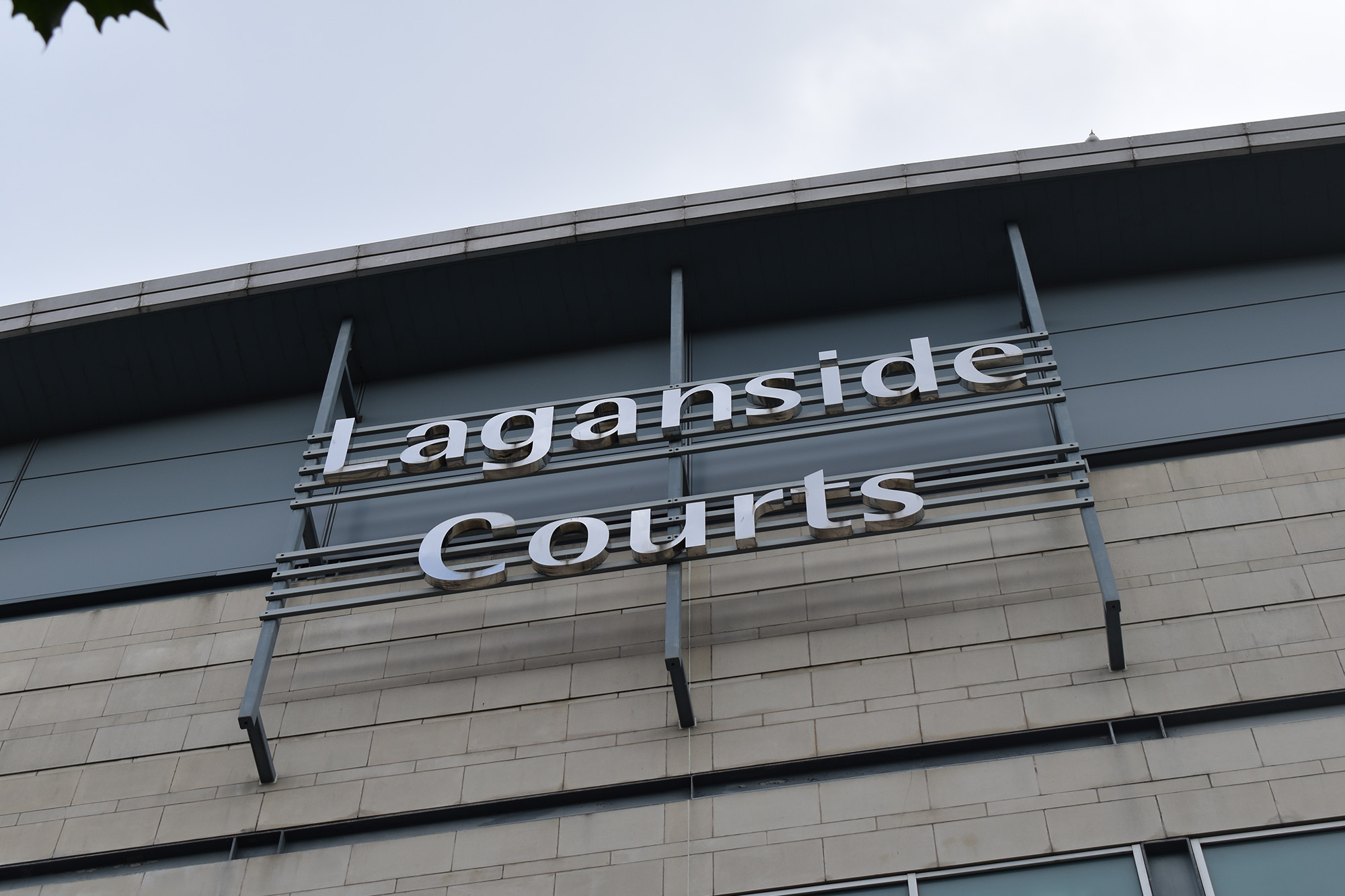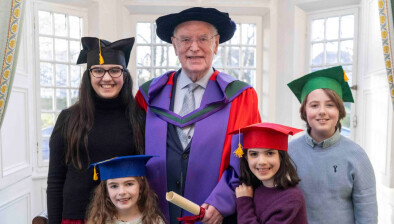‘Soldier F’ found not guilty

A judge has acquitted ‘Soldier F’, the former British soldier accused of murder and attempted murder in connection with the 1972 Bloody Sunday massacre.
Soldier F was prosecuted for the murder of James Wray and William McKinney and for the attempted murders of Joseph Friel, Michael Quinn, Joe Mahon, Patrick O’Donnell and a fifth unknown person in Derry on 30 January 1972.
He was a lance corporal in the Parachute Regiment, which had been brought into Derry that morning in anticipation of a march organised by the Northern Ireland Civil Rights Association (NICRA).
Handing down his verdict in Belfast Crown Court today, Judge Patrick Lynch outlined difficulties in relying on the key evidence of two other soldiers, including because of the long delay in hearing the case.
Four soldiers — anonymised as G, H, F and E — were “part of the initial group of soldiers who entered the square and were responsible for the deaths and woundings” that day, the court found.
Judge Lynch said: “They had totally lost all sense of military discipline. They were members of a regiment formed in 1942, at the behest of Prime Minister Churchill, and had a proud record in World War Two.
“Perhaps most notably in Operation Market Garden in the, ultimately failed, attempt to capture bridges over the river Rhine which would, in all likelihood, have foreshortened the war if successful.
“Those who fought valiantly against SS Panzer Divisions in 1944, have had their Regiment sullied by some of their successors, shooting in the back unarmed civilians fleeing from them in the streets of a British city.
“Those responsible should hang their heads in shame.”
However, Judge Lynch said the court could not convict Soldier F on the basis of “collective guilt”.
Evidence crucial to the Crown’s case was from soldiers who had been “serially untruthful” and who had an incentive to shift blame onto others, the judge said.
“Delay has, in my view, seriously hampered the capacity of the defence to test the veracity and accuracy of the hearsay statements,” he added.
Judge Lynch concluded: “Whatever suspicions the court may have about the role of F, this court is constrained and limited by the evidence properly presented before it.
“To convict it has to be upon evidence that is convincing and manifestly reliable.
“The evidence presented by the Crown falls well short of this standard and signally fails to reach the high standard of proof required in a criminal case: that of proof beyond a reasonable doubt.
“Therefore, I find the accused not guilty on all seven counts on the present bill of indictment.”
In those circumstances, the court said it did not need to give its reasons for admitting the hearsay evidence of Soldiers G, H and E, for not excluding it under Article 29 or PACE nor for refusing to direct itself to acquit at the conclusion of the Crown case.










